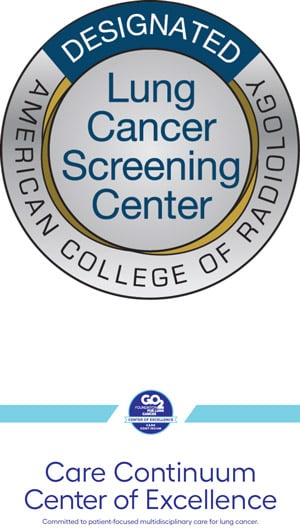McLeod Encourages Life-Saving
Lung Cancer Screening
Patient Quick Links
Lung cancer ranks as the leading cause of cancer-related deaths in the U.S., taking more lives than breast, prostate, and colorectal cancers combined. According to the National Lung Cancer Screening Trial, heavy smokers can significantly reduce their chances of dying from lung cancer with an annual low-dose CT scan. McLeod urges past and current smokers to take advantage of this special program.
The American College of Radiology has designated McLeod Regional Medical Center, McLeod Health Dillon, McLeod Health Cheraw, McLeod Health Clarendon, McLeod Health Loris, McLeod Health Carolina Forest, and McLeod Health Seacoast as Lung Cancer Screening Centers. The ACR Lung Cancer Screening Center designation is a voluntary program that recognizes facilities that have committed to practice safe, effective diagnostic care for individuals at the highest risk for lung cancer. McLeod Health has also received designation as a Care Continuum Center of Excellence by the GO2 Foundation for Lung Cancer. The designation recognizes a commitment to improving outcomes for those diagnosed with lung cancer by providing patient-focused and coordinated multidisciplinary care. The GO2 Foundation formed the Care Continuum Centers of Excellence program to enable patient access to standard of care lung cancer screening, early detection, diagnosis, treatment, and survivorship in their local community.
For information on the lung cancer screening program, please call (843) 777-5953.
If you are a healthcare provider, you may
• Contact the Lung Nodule Nurse Navigator, Christy Buffkin, or call (843) 777-5952.
• Schedule a Patient for Lung Screening using the form below.
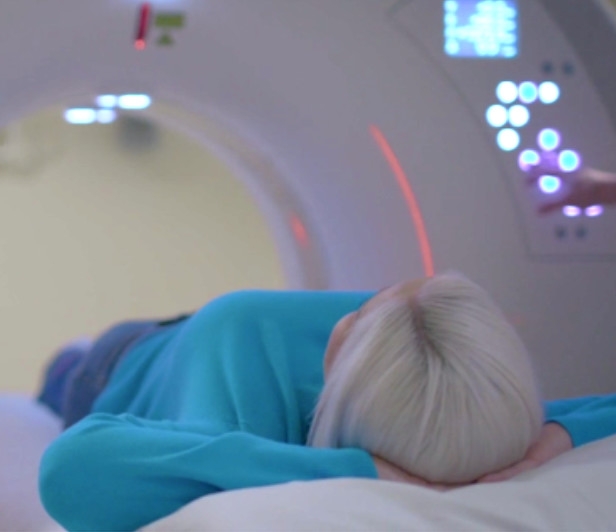
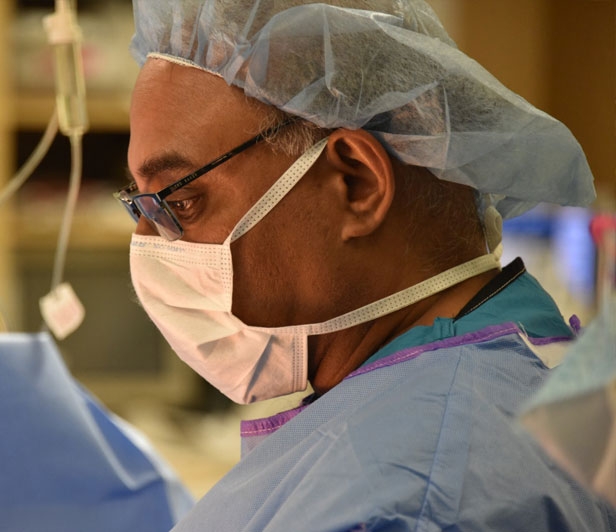
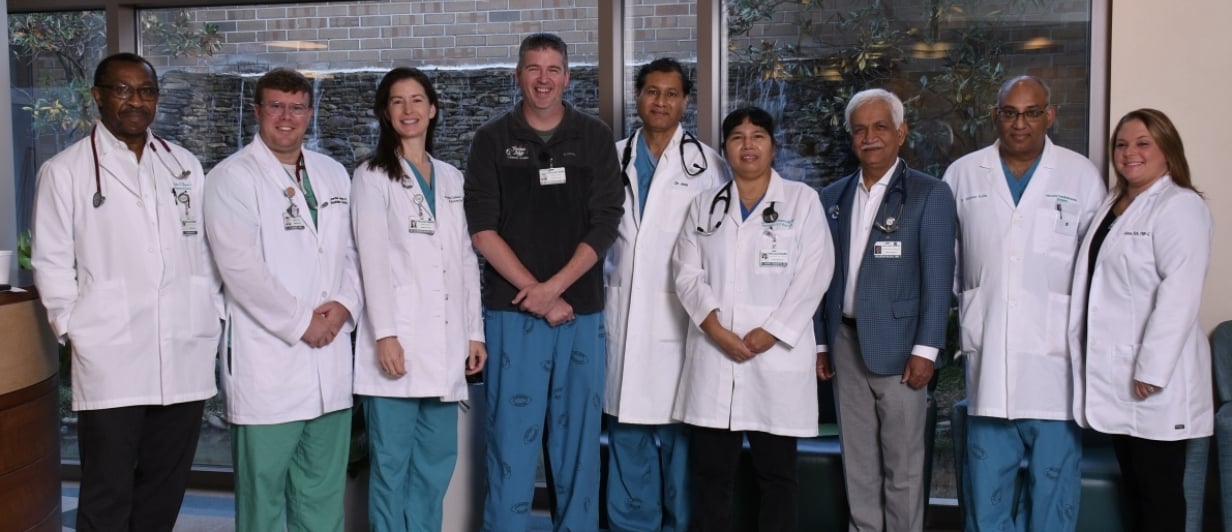
-
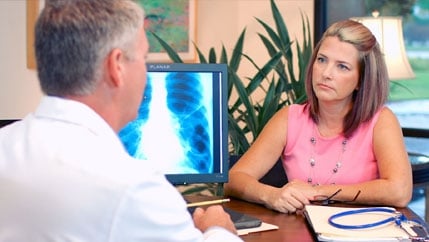
Eligibility for Lung Cancer Screenings for Heavy Smokers
As of 2021, the United States Preventive Services Task Force recommends lung cancer screenings for adults who:
- Are between 50 and 80 years of age and have a 20 or more pack-year history of cigarette smoking (20 pack-year is equivalent to one pack per day for 20 years or two packs per day for 10 years)
- Are able and willing to be screened for lung cancer
- Do not currently exhibit any symptoms of lung cancer
- Currently smoke or have quit smoking within the last 15 years
-
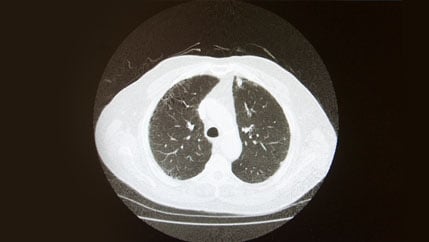
Patients in the McLeod Lung Cancer Screening Program Benefit from:
- Low-dose CT scan (to be conducted annually),
- Professional interpretation by a McLeod Radiologist who will either recommend a one-year follow-up or further testing,
- Dedicated Nurse Navigators to assist with education and follow-up care
- Smoking-cessation counseling, including free cessation medications and,
- Results sent to their primary care physician
Talk with your primary care physician if you’re interested in scheduling a Lung Cancer Screening.
-
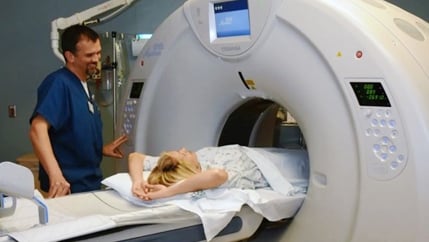
Qualified Individuals Offered Lung Cancer Screening Scholarships to Cover Cost
Medicare and most private insurances cover the cost of the Low-Dose CT scan if you meet the eligibility criteria for a lung cancer screening. Ages covered by Medicare are 50 to 77; most private insurance will pay for those 50 to 80. Lung Cancer Screening scholarships, funded by the McLeod Foundation’s McLeod Men’s group and McLeod Angels, are available for those who are uninsured and/or unable to pay for a Low-Dose CT screening. For information on the lung cancer screening program, please call (843) 777-5953. If you live in the Myrtle Beach area, call (843) 366-2220.
-
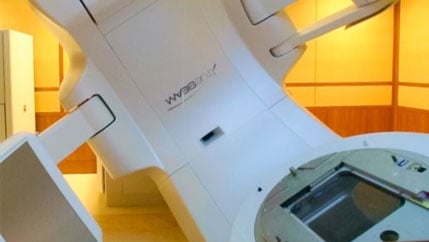
Low-Dose CT Scan Only One of Many Lung Cancer Diagnostic, Treatment Tools
Special ultrasounds for the throat and chest area, as well as stents and argon laser treatments, are new tools McLeod Center for Cancer Treatment and Research uses for lung cancer patients. Other technologies that benefit lung cancer patients include PET/CT scan, Stereotactic Body Radiation Therapy (SBRT), and molecular targeted therapy.
-
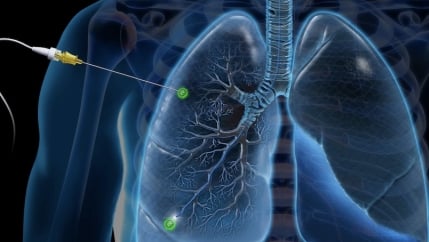
Pulmonary (Lung) Nodules – What You Need to Know
Lung nodules are abnormal spots that may appear on a lung screening CT scan or other imaging test. Many people have lung nodules by age 50. Most lung nodules are non-cancerous, but some need more testing.
Features of lung nodules include:
- Margin –where edges of the lung nodule touch normal lung tissue. The margins of a cancerous lung nodule are often uneven or look spiky whereas non-cancerous nodules have smooth or rounded margins.
- Density – a nodule is more dense than normal lung tissue and looks gray on a CT scan.
- Size – most small nodules are not cancer, while larger nodules may need more testing.
- Consistency – Nodules can be solid or in some cases have a solid part with a hazy part around it.
If nodules are large, look suspicious, or change over time, more tests or a biopsy will be needed. Your healthcare team can help you choose your best next step.
Close -
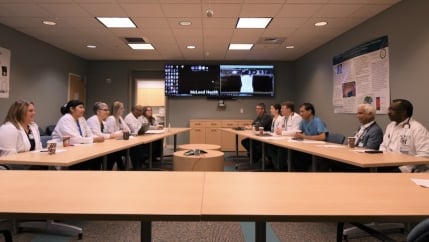
Lung Nodule Clinic
The McLeod Lung Nodule Clinic was established to evaluate and monitor those patients who have been screened for lung cancer and a pulmonary nodule was detected, or those who had a nodule found incidentally as a result of a chest CT scan after a car accident, pneumonia, personal injury or other trauma/condition.
“This clinic enables us to determine the patient’s risk of developing lung cancer and ensure they receive high-quality care and follow the evidence-based guidelines.” – Dr. Vinod Jona, McLeod Pulmonologist
READ MOREEach clinic patient receives complete testing and consultation with a physician to determine the best course of action for them, all in one visit. This simplifies things for the patient while maximizing early detection of disease and minimizing unnecessary medical or surgical procedures.
The McLeod Lung Program also invites lung nodule patients to participate in a conference with providers from multiple specialties before they may ever be diagnosed with lung cancer. Offering this access through a virtual platform provides convenience for the patients and their families. During the conference, physicians review the pertinent medical history, imaging scans, diagnostic studies, and pathology to develop a plan appropriate for the patient. If the lung nodule is not growing in size or showing signs of developing into cancer, the medical team follows the national, evidence-based recommendations for lung nodules, which may involve scheduling follow-up imaging scans at three, six, or 12 months.
When this system is a part of a low-dose lung CT screening program as it is at McLeod Health, chances are significantly improved for detecting lung cancer in its earliest stages. It also assists pulmonologists in providing their patients with the best course of treatment.
Close -
McLeod Multidisciplinary Lung Conference
The McLeod Lung Conference is an online meeting with the McLeod team of cancer specialists and the patient to review their case and determine a treatment plan. This is a very convenient way for the patient to meet all the providers involved in their care and allows for treatment to begin sooner. Watch the Video on left to learn more.
-
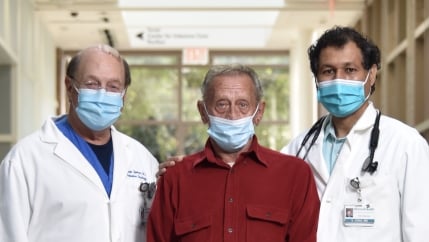
Patient Testimonials
Thanks to the McLeod Lung Cancer Screening Program, Fred Ham was diagnosed with Stage I lung cancer after undergoing low-dose lung CT scans for five years at McLeod. To read the full story of how the McLeod team places the patient at the center of lung cancer care, click here.
-
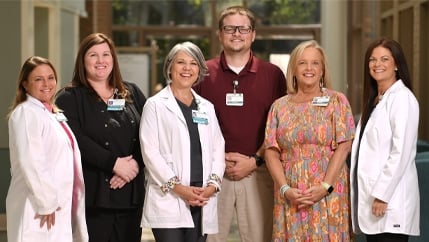
Meet The Team
Our dedicated team is committed to assisting patients on their medical journey at McLeod Health.
MEET THE TEAM
-
McLEOD REGIONAL MEDICAL CENTER FLORENCE
843-777-2000 -
McLEOD DARLINGTON
843-777-1100 -
McLEOD DILLON
843-774-4111 -
McLEOD LORIS
843-716-7000 -
McLEOD SEACOAST
843-390-8100 -
McLEOD CHERAW
843-537-7881 -
McLEOD CLARENDON
803-433-3000



-
McLEOD REGIONAL MEDICAL CENTER FLORENCE
843-777-2000 -
McLEOD DARLINGTON
843-777-1100 -
McLEOD DILLON
843-774-4111 -
McLEOD LORIS
843-716-7000 -
McLEOD SEACOAST
843-390-8100 -
McLEOD CHERAW
843-537-7881 -
McLEOD CLARENDON
803-433-3000
 Find a Doctor
Find a Doctor  Locations
Locations  Services
Services 